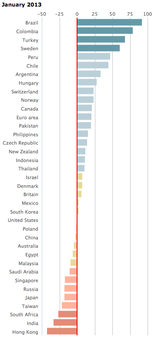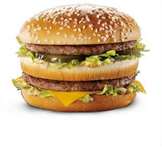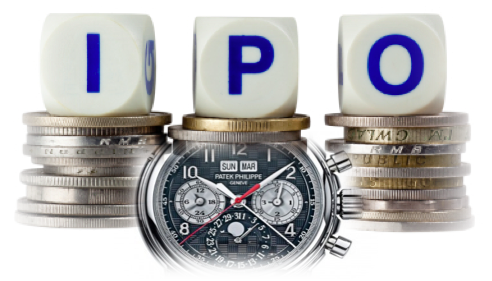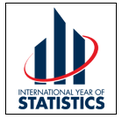
(click to enlarge)
My father-in-law, a world class carpenter and wood worker, could gauge the health of the economy by his 2 x 4 index. In the course of daily business, his index would measure the price of a 2 x 4 at different lumber outlets and markets Our friends at The Economist have something similar.
The Big Mac Index is a measurement of purchasing power parity among currencies. It is a great tool to help understand exchange rate theory and the relative value of currencies in different economies. The basic premise is that identical goods and services, measured between economies, should be the same price when measured under the same currency. A Big Mac in China should cost the same in the U.S. when measured in U.S. dollars.
So, (Big Mac (Ca) / Big Mac (Cb)) -1 would tell us whether the related currency is undervalued or overvalued. A positive result means the currency is over-valued; a negative return means the currency is under-valued. In January, the value of a Big Mac in America was $4.37. A Big Mac purchased in China would cost you $2.57. Plug those numbers into the formula and the result shows that the Chinese Yuan was under-valued by 41%.
The Big Mac Index is a measurement of purchasing power parity among currencies. It is a great tool to help understand exchange rate theory and the relative value of currencies in different economies. The basic premise is that identical goods and services, measured between economies, should be the same price when measured under the same currency. A Big Mac in China should cost the same in the U.S. when measured in U.S. dollars.
So, (Big Mac (Ca) / Big Mac (Cb)) -1 would tell us whether the related currency is undervalued or overvalued. A positive result means the currency is over-valued; a negative return means the currency is under-valued. In January, the value of a Big Mac in America was $4.37. A Big Mac purchased in China would cost you $2.57. Plug those numbers into the formula and the result shows that the Chinese Yuan was under-valued by 41%.

(click to enlarge)
If you think that a Big Mac should be cheaper in poorer countries because labor and materials have a lower cost basis, you are correct. For this reason, the Big Mac Index is adjusted for GDP per Person.

Big Mac - Global Currency
The index is fun to play around with and The Economist has a really cool interactive tool to model different scenarios. Let's not lose sight of the message here. Cheap overseas goods are a benefit to U.S. consumers, but at the expense of American producers.
When you hear terms such as trade war, currency wars, tariffs, import quotas, currency manipulator and trade imbalance, just substitute a Big Mac for the product or service in question. You ready to begin importing your Big Macs from Beijing? Sua Sponte
Bradford C. Bruner for Sua Sponte Wealth Management
When you hear terms such as trade war, currency wars, tariffs, import quotas, currency manipulator and trade imbalance, just substitute a Big Mac for the product or service in question. You ready to begin importing your Big Macs from Beijing? Sua Sponte
Bradford C. Bruner for Sua Sponte Wealth Management

















































